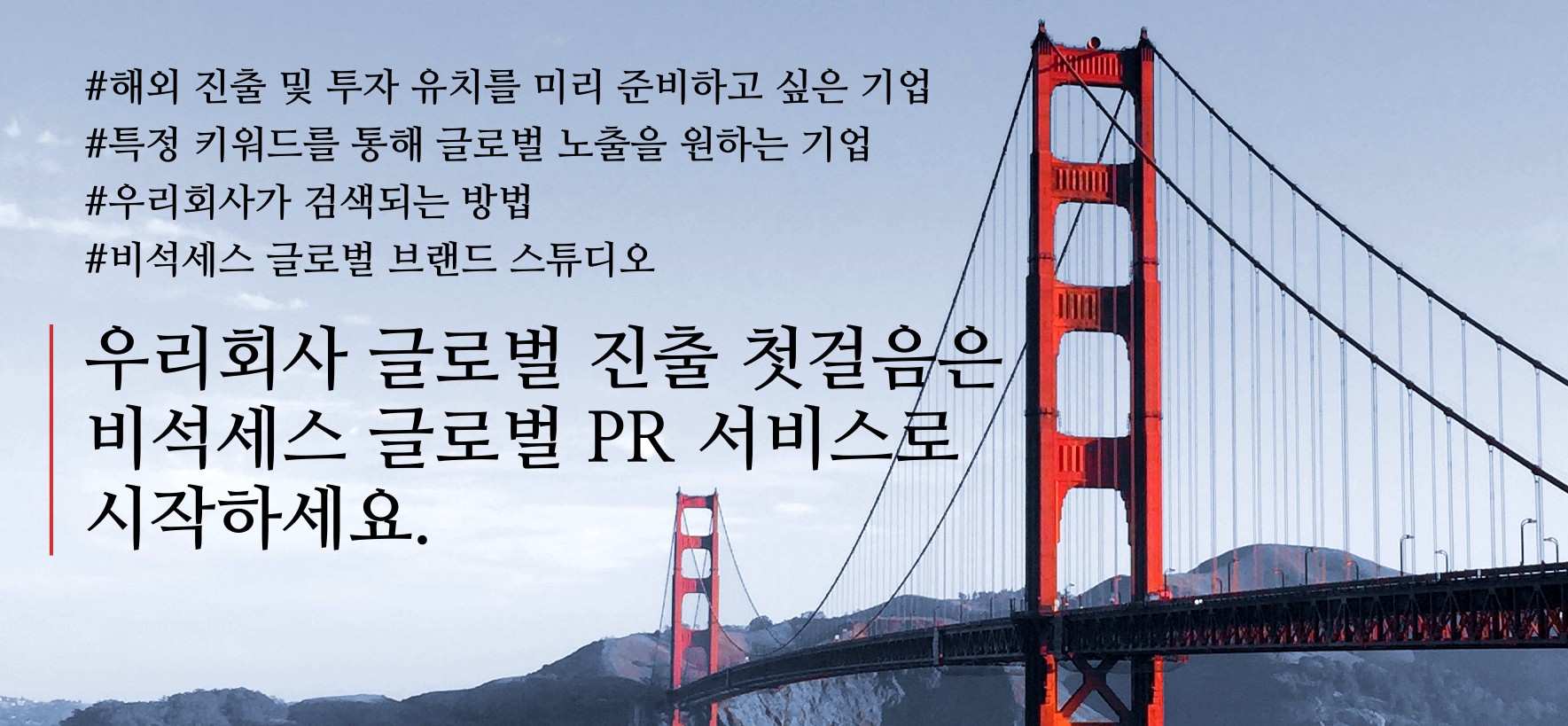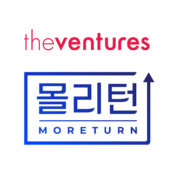Hugh Mason is a successful entrepreneur, mentor and investor who was born in the UK and now living in Singapore as JFDI.Asia's CEO. This week, beSUCCESS had a great opportunity to listen to the background stories about JFDI.Asia and his interest toward Asian start-up scene.
Hello, Hugh. Could you say hello and introduce yourself briefly to beSUCCESS readers?
Hi to all at beSUCCESS. Thank you for the opportunity of this interview. It’s a pleasure to write to you as I have always been curious about Korea since my father visited in the 1970s. Then, in 1992, I made a film about the design and launch of one of Korea’s first satellites (KITSAT1). I admire what your nation has achieved and I hope to visit Korea one day.
What was your own strong point that made you the person who you are now? Is there any background story that inspired you to become a successful entrepreneur, mentor and investor?
My mother was a primary school teacher and my father was a mechanical engineer. I am lucky that even though my life has turned out very different to theirs, they always encouraged and supported me. My career has been all about turning ideas into reality.
My parents told me that I have always been interested in ideas. Apparently the first idea I had after I was born was to try and remove the clamp from my umbilical cord. Luckily I did not succeed.
Later, I think my interest in ideas came partly came from necessity. My family was not poor but I grew up in the UK at a time of economic stress. During the early 1970s the country was in a mess. The coal miners would strike every winter and, when the power stations ran out of coal, so there was sometimes only electricity to run homes, shops and factories for three days each week.
So some of my earliest memories are of visiting friends from school with tiny lightbulbs hung around their houses, powered by a car battery that got charged up when there was power. When it went off again, with snow outside, there was no central heating so we had to wear many layers of clothing to keep warm. Apparently there were lots of babies conceived at that time in the UK because, with no TV to entertain them, couples just went to bed to entertain each other.
When there was electricity, I remember watching strikes on the news on TV. My father was always worried that maybe his job as an engineer in the UK car industry was not secure. He would start every week on a Monday not knowing if he would still have a job on Friday. For his generation, losing a job seemed shameful, because they had been brought up in a time of almost full employment.
I often wonder why I chose to take responsibility for my own career. There were so many risks involved in setting up my own business. Now I think it was a feeling that I could not depend on any big company to look after me. A feeling that maybe I had to do this. I still could not control the future but at least I could make my own decisions.
Once I was running my own business, I realized how much of what holds us back in life is our own fear. We can do so much if we let go of that fear and if it was fear that got me started in business, I have left it behind.
It has been so inspiring to find business partners who think the same way and to discover that we can achieve so much more working together than we would alone. Now I recognize that my experience turning ideas into reality is very similar to what others have experienced. So I wrote a book about it and enjoy teaching entrepreneurship and sharing what I have learned as a mentor.
I made life choices that gave me a rich experience, even if they did not always make me rich! Even so it has been a pleasure to risk some of what I have alongside other people, as an angel investor.
You started your career as a science TV producer on the BBC. How did you get interested in running your own company, especially the company related to digital technology?
 When I was about 12 years old, microprocessors became available. It seemed very exciting that I could own my own computer but they were not available to buy complete, so I had to build one from individual components. At first it had no screen or keyboard, just switches and LEDs that showed the data in binary numbers.
When I was about 12 years old, microprocessors became available. It seemed very exciting that I could own my own computer but they were not available to buy complete, so I had to build one from individual components. At first it had no screen or keyboard, just switches and LEDs that showed the data in binary numbers.
Through my teens I got involved with a community radio station, first on the technical side and then making shows. I did a Physics degree but spent all my time at Bath University making films and TV shows for the campus TV station that I set up with some friends.
Soon after I graduated I got a job with the BBC. Then after a few years I got the chance to make shows independently for the BBC. So I set up a TV production company. We made shows for Discovery Channel, National Geographic and many other broadcasters around the world.
I realize now that I did not really think hard about setting up that company. I was more interested in making the films! So we did well creatively, but the business had limitations. I have had little formal training in business and this company was really my MBA. Actually it taught me that I am probably better at business than I am at making films.
I learned that my unusual talent is turning ideas into businesses. It doesn’t matter if those ideas are artistic or technical. I like blank sheets of paper and the very earliest stage of business and I recognize that other people have the right skills for businesses that are already up and running.
So eventually I set up a different business with new partners in London, making investments in all kinds of ideas-based businesses and helping them grow. We were successful and raised or invested around US$50 million for them over a ten year period. I got to see how businesses go all the way from start-up to an ‘exit’ for the founders.
Now that I am in Singapore I have come full circle, back to my early interest in technology. It is 25 years since I wrote any code or picked up a soldering iron but I know how engineers think and feel, so it feels like home.
You relocated to Singapore in 2009 and co-founded JFDI.Asia. What made you move and start the business in Singapore?
I was invited by the Singapore government to come and mentor media businesses here in 2006 and decided to relocate here because it feels to me that the future is in Asia, not Europe. I was surprised to find how much I had in common with local entrepreneurs, even though we grew up with very different upbringing and culture. Soon after I moved here full time in 2009 I met my business partner Wong Meng Weng and it immediately felt that we should do something together. So we set up JFDI.Asia.
It will continue to Part 2 soon.







